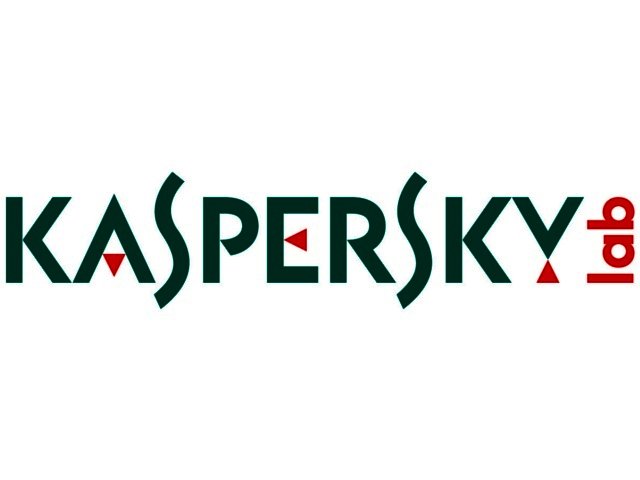Kaspersky Lab presents its Q2 2012 spam report
By Staff Writer 17 August 2012 | Categories: news
It would appear that the prevailing difficult economic situation isn’t only limited to the legitimate working class, since spammers are also experiencing a downturn, according to Kaspersky Lab’s Q2 2012 spam report.
The Russian IT security solution provider’s latest report shows that spam content in global mail traffic is continuing to decline, averaging 74.3% to represent a decrease of 2.3 percentage points compared to Q1 2012. According to the Russian firm, the current worldwide economic slump coupled with seasonal factors may be responsible for this dip in spam traffic.
Kaspersky Lab asserts that there are other signs that the world’s economic woes are having an impact on spam, including the fact that there was an increase in English-language spam promoting personal financial services during May. In May spam that promoted personal financial services accounted for nearly one out of every four (23.5%) spam emails sent, tripling in size a month later by reaching 73% of all spam.
Maria Namestnikova, senior spam analyst at Kaspersky Lab explained that similar changes in spamming patterns were chronicled during the economic downturn of 2008-2009. Namestnikova stated that if the difficult economic situation leads to a repeat of that scenario, then internet users have good reason to expect an increase in the levels of fraudulent and malicious spam in the months to come.
However, in terms of the overall picture, Kaspersky Lab expects a gradual decrease in the proportion of spam generally, which the company believes could potentially slip to the 65% mark of total mail traffic within the next year.
Facebook, Euro 2012 and London Olympics were hot topics in Q2 2012
In April, Kaspersky Lab detected spam that imitated an official Facebook notification. Unlike previous spam of this kind the links contained in the emails did not take users to hacked domains or sites, but instead led to webpages on Wikipedia and Amazon. Luckily, staff of both these websites responded promptly, and by the time the links were spread the pages had already been disabled, Kaspersky Lab said.
One of the main topics in unsolicited mail since April has been the situation in Syria, which was exploited by Nigerian spammers in this quarter. Mail traffic of this variety includes spam emails from “Assad’s wife”, “Assad’s family members” as well as other ordinary Syrian citizens.
June’s Euro 2012 Football Championship also featured strongly among the most high-profile events of Q2 2012, but was subsequently replaced by the 2012 Olympics Games in London as the focus area for scammers. They utilised a lottery ticket scams involving a lottery allegedly held by the Olympics Foundation.
Geography of spam during Q2 2012
In Q2 2012 the geography of spam by country changed considerably, according to Kaspersky Lab, as China unexpectedly took the lead with 19% of all spam originating from within its borders.
After a long absence, the top three spam sources saw the return of the US, which shared 2nd place with India as each country distributed the same quantity (11.7%) of junk email. Vietnam came third after having distributed 4.97% of all spam. Despite the relocation of spam sources, the key trends remain the same, namely an increasing amount of junk mail is emanating from Asia as well as Latin America.
The full version of the spam report for Q2 2012 is available at Securelist.
In related news, Kaspersky Lab also set about highlighting the topic of IT security and why it continues to remain a key challenge and priority for IT departments during the IDC IT Security Roadshow recently held in Johannesburg.
Most Read Articles

Have Your Say
What new tech or developments are you most anticipating this year?



